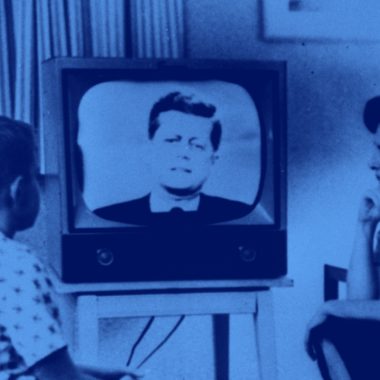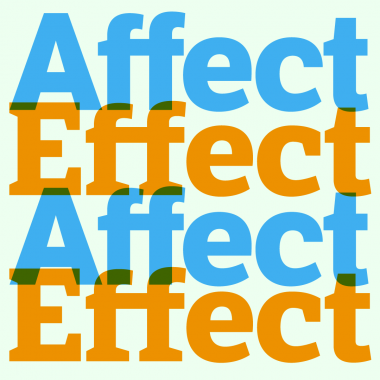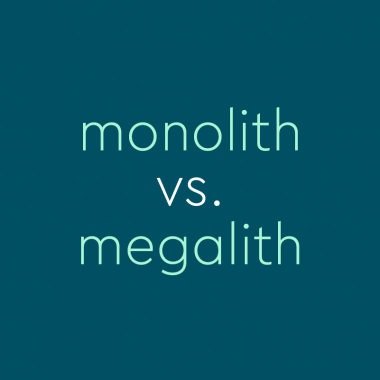Why “Privacy” Was Our 2013 Word Of The Year
From PRISM and the Edward Snowden scandal to the arrival of Google Glass, 2013 was the year that the desire to be seen and heard was turned on its head. Consider the following: In January, the TSA scrapped airport body scanners that produce near-naked images of travelers; In June, Edward Snowden revealed the widespread global-spying program, Project PRISM; In October, Google announced new privacy policy …



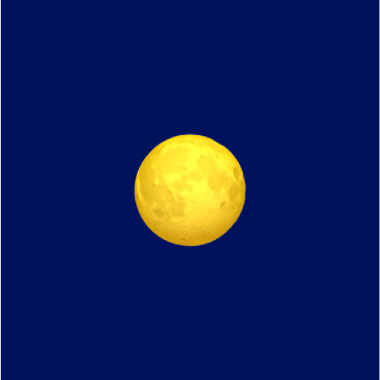

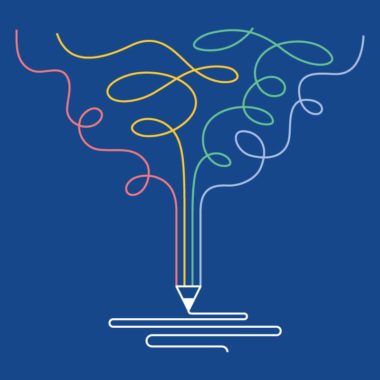

![List of words in white outline, with central word in bold purple font, on lilac background: “pseudonym, synonym, caconym, inaptonym [in bold], metonym, backronym, retronym"](https://www.dictionary.com/e/wp-content/uploads/2022/04/20220426_NYM_800x800-380x380.png)
